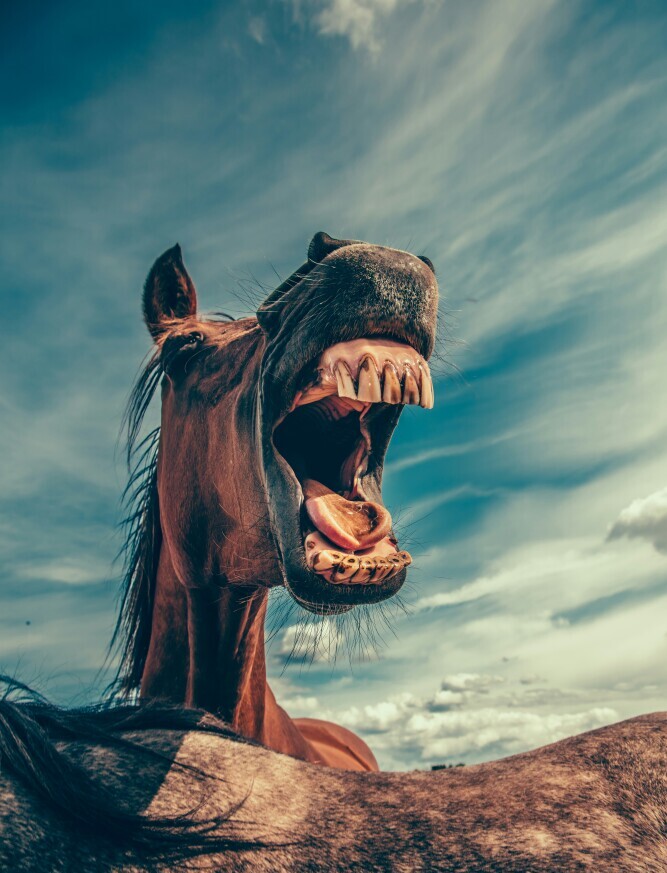
Recognizing anxiety in horses can be a bit tricky if you’re not familiar with their usual behavior. It starts with noticing changes like restlessness, sweating more than usual, or even a slight nervousness. These subtle signs might be your first clue that something’s off with your equine friend.
Potential triggers are another big piece of the puzzle. Loud noises, unfamiliar settings, or even being left alone can set off a horse’s anxiety. It’s vital to know what makes your horse tick and what might send them into a spiral of stress.
Separating normal behavior from anxiety-driven actions is essential. Maybe your horse is naturally high-strung or energetic, but if their actions seem off the charts compared to usual, it might be time to dig deeper into what’s causing the unease.
Understanding how anxiety affects their health and performance is crucial. An anxious horse isn’t just distracted; they might also struggle with training, lose interest in eating, or develop health issues over time. Keeping an eye on these factors can lead to better management and a happier, healthier horse.
Practical Strategies for Managing Anxiety in Horses

When it comes to managing anxiety in horses, setting up a routine can work wonders. Horses thrive on structure, knowing when to expect meals, rides, and rest can help keep their stress levels down.
Natural approaches can offer some relief as well. Essential oils and treatments like acupuncture might help calm a horse’s nervous system. It’s all about finding that blend of natural remedies that soothed your horse best.
Training also plays a big part in reducing anxiety. Desensitization exercises and positive reinforcement can help your horse build confidence, reducing fearfulness of new experiences. Patience and consistency are key here.
Having a vet and behavioral expert on your side can really make a difference. They can provide valuable insights and tailor strategies specifically for your horse’s needs, ensuring you get ahead of any potential issues.
Creating a Supportive Environment for Anxiety Management

Stress-free stabling is essential for a relaxed horse. Making sure your horse has a comfortable living space, away from too much noise and distraction, helps create a sense of security.
Social interactions matter. Horses are inherently social creatures and thrive when they can mingle and bond with other horses regularly. Socializing can alleviate feelings of loneliness and anxiety.
Gradual exposure to new situations or environments builds confidence over time. Whether introducing a new pasture or a different riding route, taking it slow helps the horse adjust without feeling overwhelmed.
Consistent care and monitoring keep everything in check. Always being attentive to your horse’s behavior and health means you can spot anxiety as soon as it crops up. Being proactive can prevent long-term issues and ensures your horse stays on the right track.

